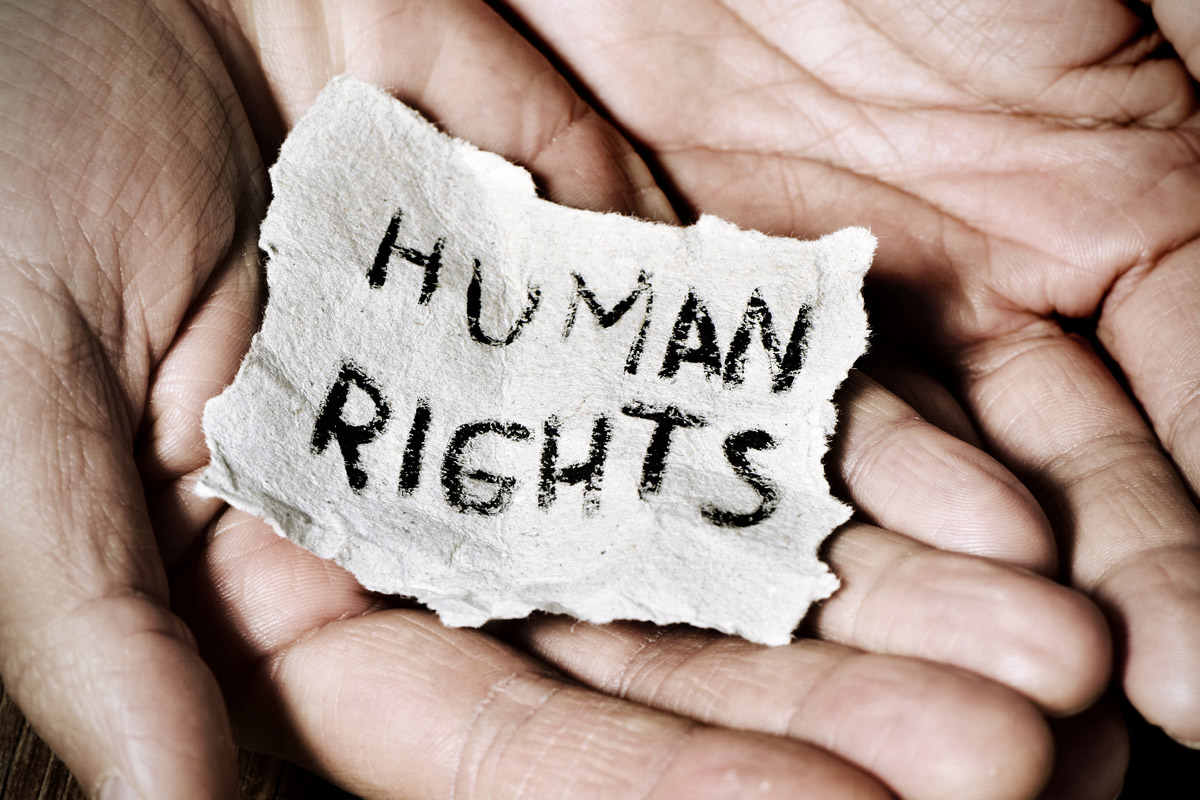India’s democracy unique example for modern world: Prez
President Droupadi Murmu on Saturday said India's democracy is a unique example for the modern world and many countries of the world are learning from our election system and management.
As Freedom House notes: “Leaders around the world who fear public condemnation for their handling of the crisis have diverted attention by scapegoating marginalised groups, attacking their critics, or downplaying the severity of the health situation.”

Photo: iStock
Those who cherish democratic values will find chilling confirmation of their worst fears in a report of Freedom House released over the weekend that says the condition of democracy and human rights has worsened in 80 countries as a direct consequence of the coronavirus epidemic.
They will be further chagrined by the conclusion of 64 per cent of the experts interviewed that conditions for democracy and human rights will worsen in the next three to five years because of Covid-19.
Advertisement
These experts believe the four issues that have been most impacted are: transparency of information on the epidemic, corruption, protection for vulnerable communities and governmental abuse of power.
Advertisement
The report notes that in at least 91 of the 192 countries reviewed, the outbreak of the virus had led to restrictions on the news media. As the president of Freedom House, Michael J Abramowitz noted at the release: “What began as a worldwide health crisis has become part of the global crisis for democracy. Governments in every part of the world have abused their powers in the name of public health, seizing the opportunity to undermine democracy and human rights.”
Research was carried out between January and September and involved experts from 102 countries and Freedom House’s own analysts. A key finding was that notwithstanding the nature of government ~ authoritarian or democratically elected ~ the extent of distrust in official information about the disease was widespread, with 62 per cent of respondents saying they did not believe what governments told them, with distrust significantly greater in countries with fewer or no freedoms.
The report also highlights how some governments have applied lockdown measures in a discriminatory fashion or made scapegoats of minority communities ~ the report cites instances of such scapegoating with Muslims in India and Sri Lanka, with migrants in Serbia and with non-citizens in Kuwait.
As Freedom House notes: “Leaders around the world who fear public condemnation for their handling of the crisis have diverted attention by scapegoating marginalised groups, attacking their critics, or downplaying the severity of the health situation.”
The report notes that government abuses are affecting elections and draws attention to the situation in the United States where local authorities seem ill-prepared for the elections in November, citing staff shortages and last-minute changes to electoral rules. The only note of positivity offered by the report is that despite greater restrictions, protest movements have persisted with their efforts. Though 158 countries had placed restrictions on demonstrations, at least 90 of them saw significant protests during the epidemic.
Freedom House notes: “The persistence of public protests, under every type of regime, shows that citizens remain willing to challenge authorities. The erosion of political rights and civil liberties began long before the pandemic, but people in every region of the world are clearly committed to reclaiming their freedom.”
Advertisement